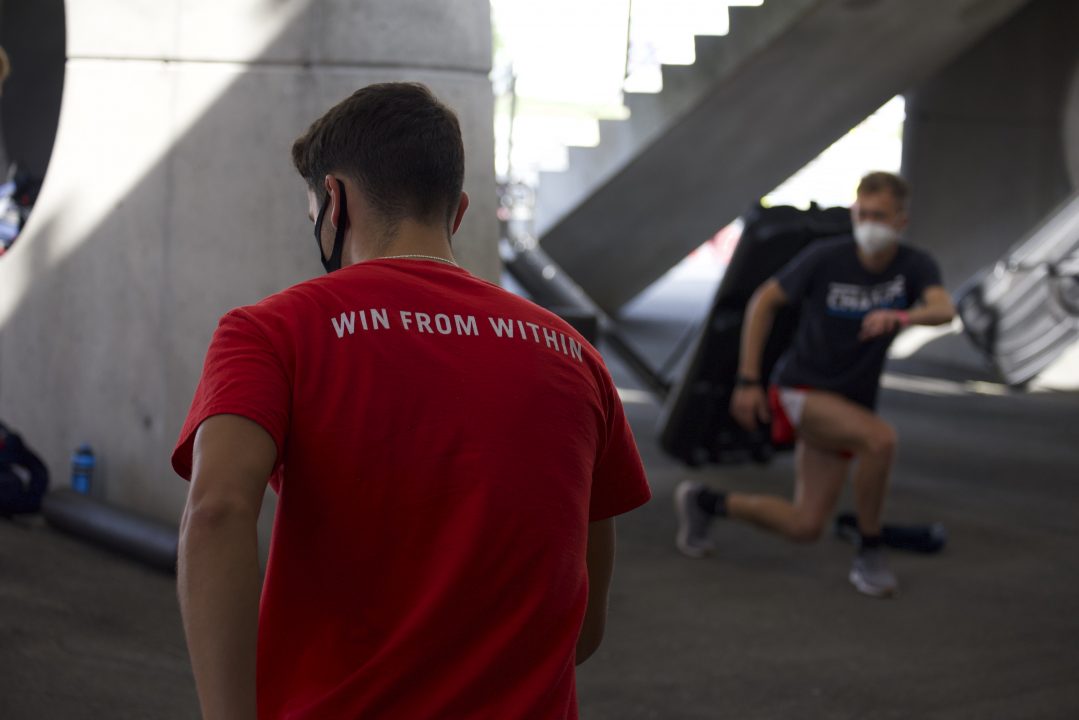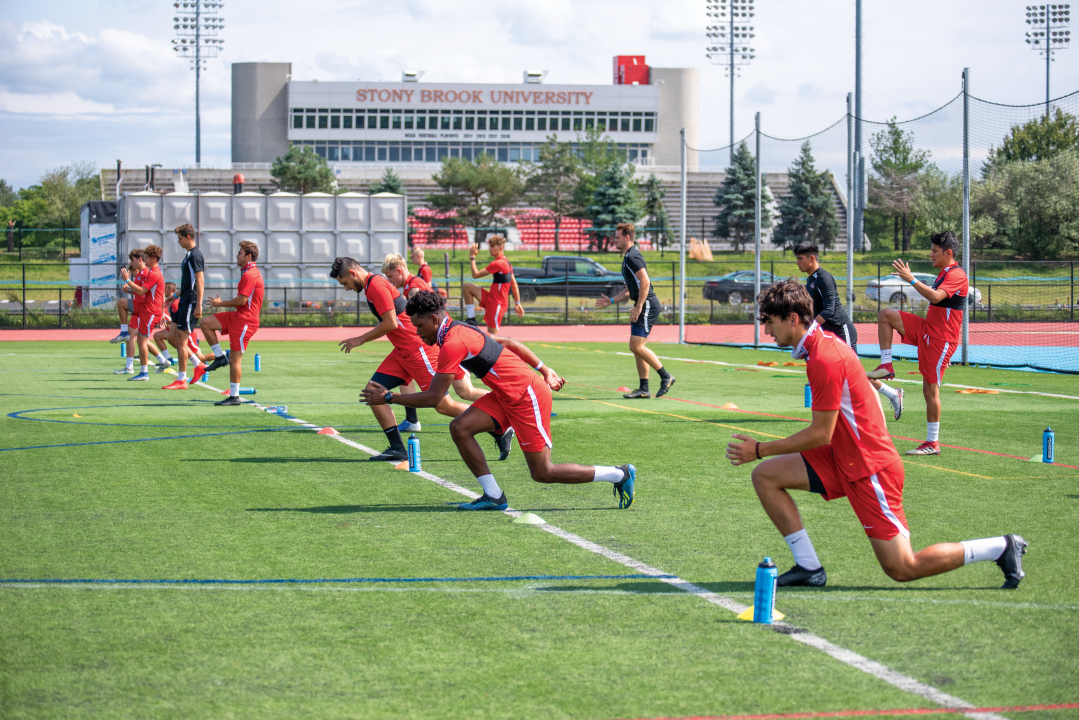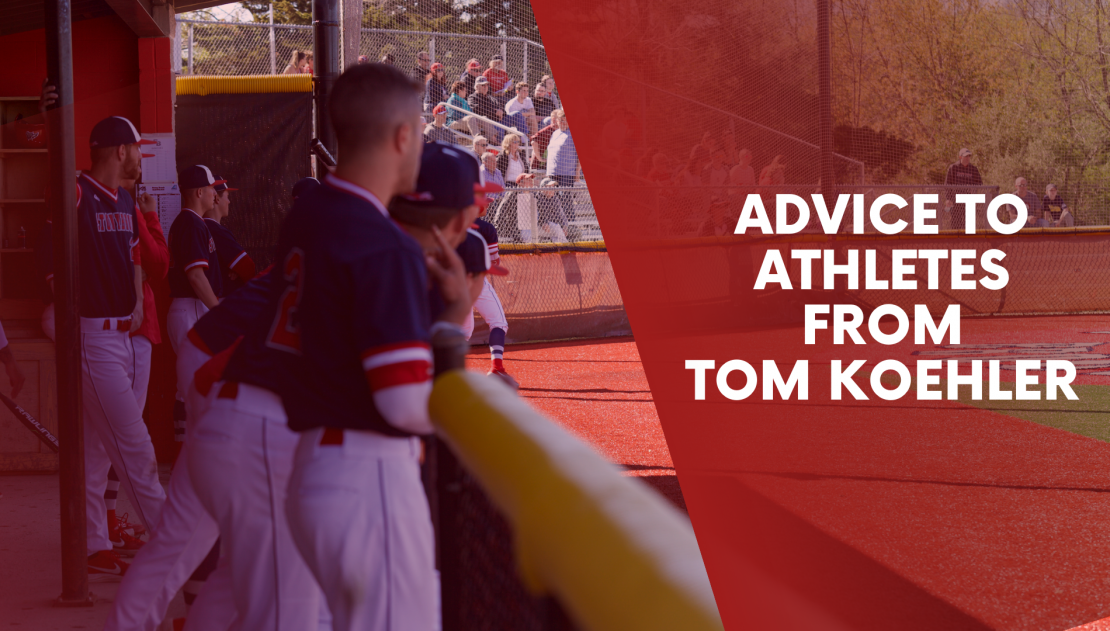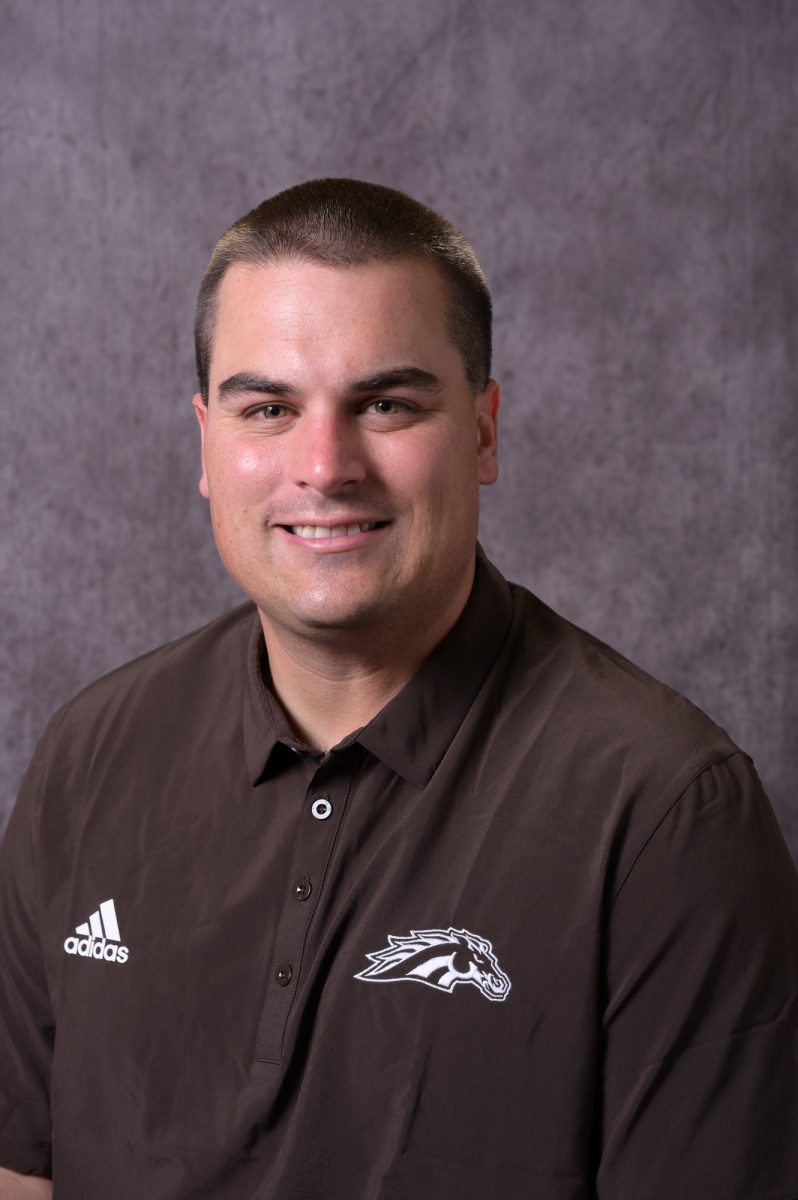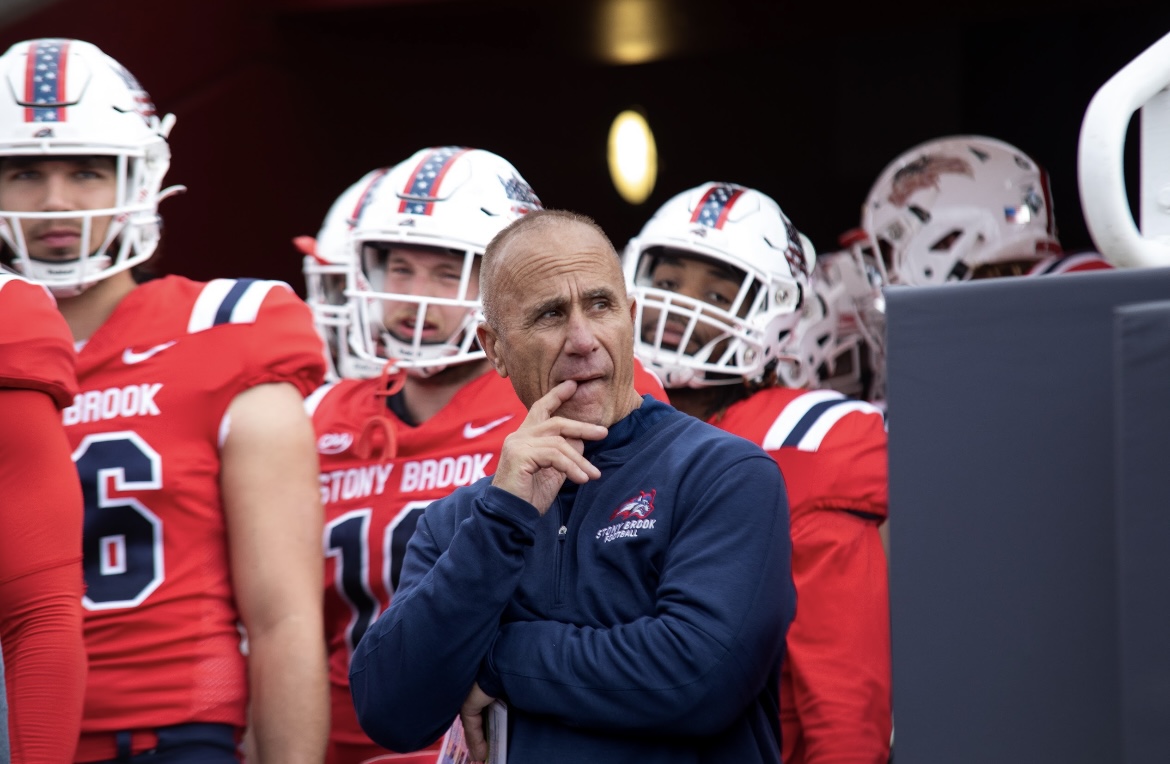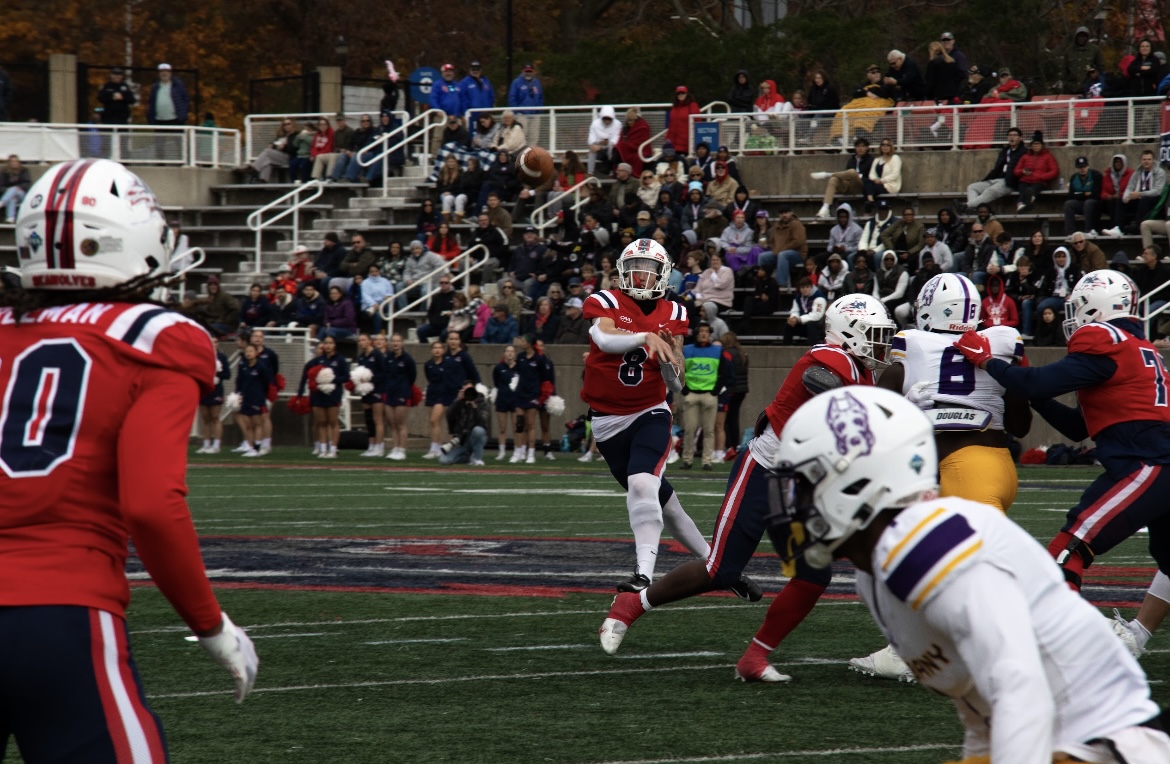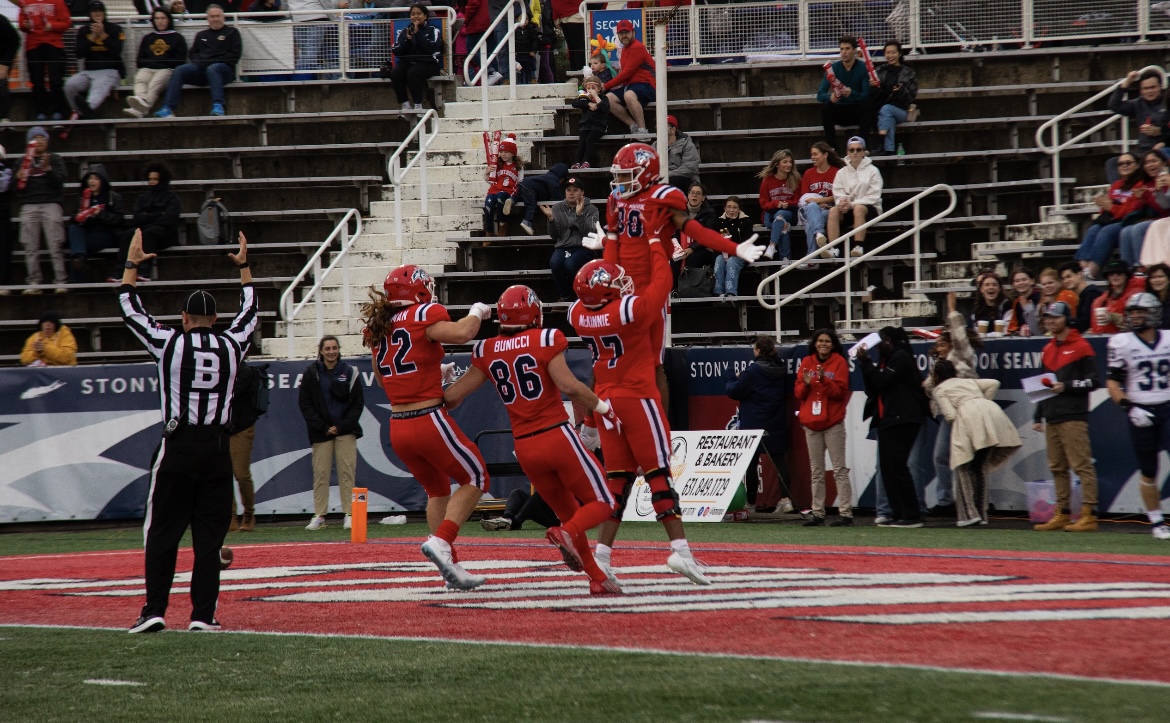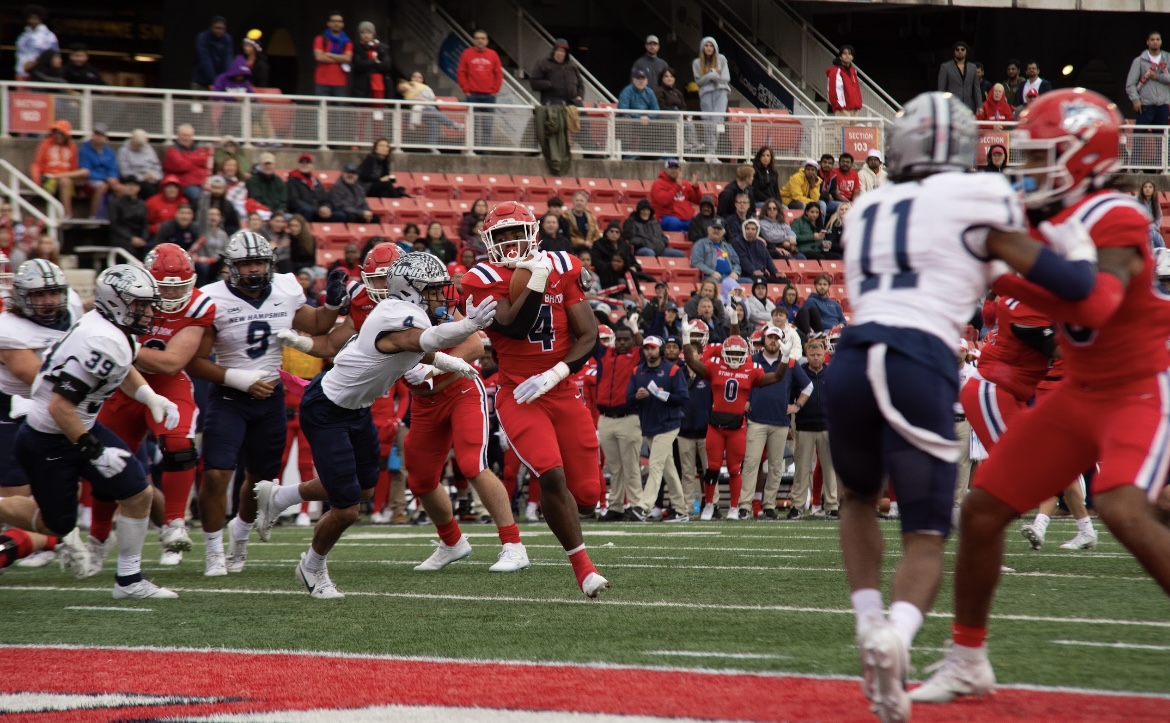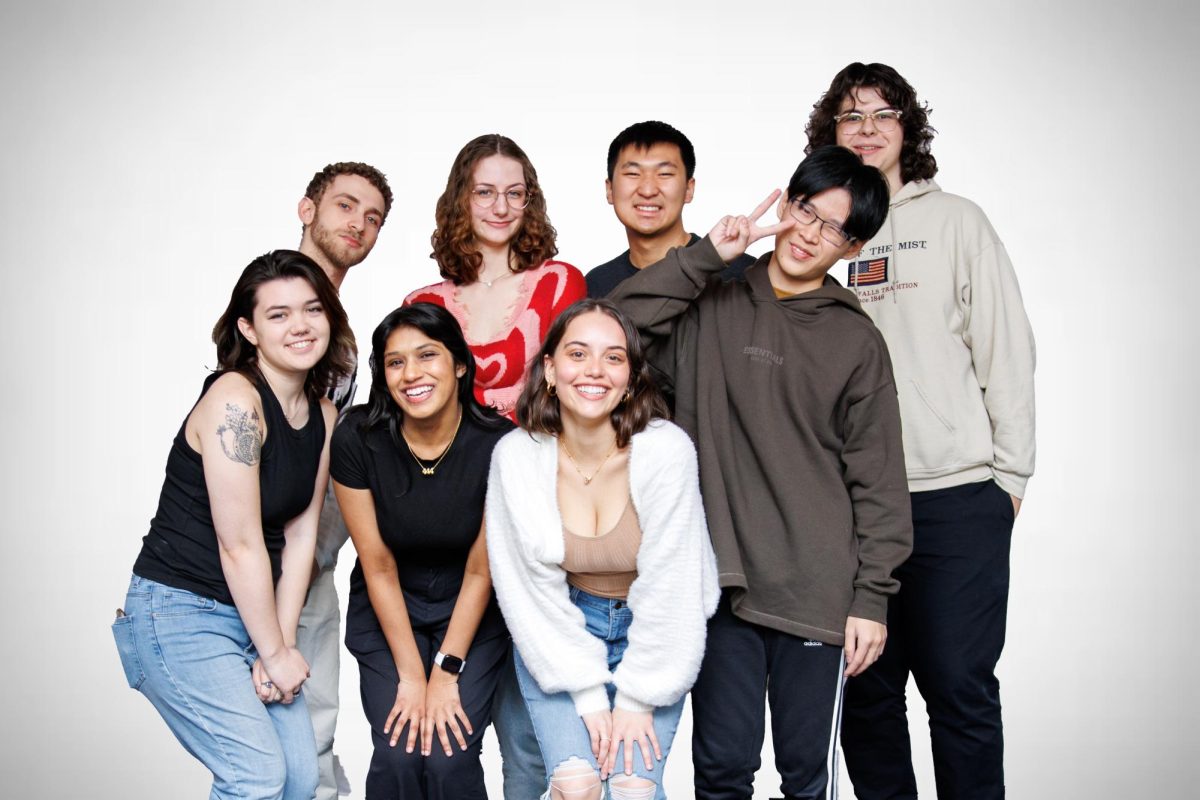
When the Stony Brook football team kicked off last season’s campaign with a hot 4-1 start, the play of redshirt-senior defensive lineman Sam Kamara anchored a Seawolves defense that allowed just 14.3 points per game against fellow Football Championship Subdivision (FCS) opponents. He carried the team with 16 tackles and three sacks before suffering a shoulder injury in the second half of Stony Brook’s 31-27 victory over Rhode Island.
Kamara would not play another snap in 2019. The Seawolves ended the season 1-6 in his absence, and Kamara still finished second on the team in sacks and tied for eighth in tackles for loss despite playing just five games. On Dec. 31, 2019, the National Collegiate Athletic Association (NCAA) granted him a waiver, allowing Kamara to come back for a fifth season to end his collegiate career on his own terms.
Those plans were altered when Stony Brook followed the Colonial Athletic Association’s (CAA) lead in suspending its fall football season and eyeing spring play instead, due to safety concerns about playing through the COVID-19 pandemic.
“It’s hard for me, being that it’s my senior season and it’s got to go down this way,” Kamara said in an interview with The Statesman. “It is what it is, though. I can’t control it. Like [redshirt-senior quarterback] Tyquell [Fields] said, I’ve just got to control what I’ve got to control and just hope that it’s going to be a great one.”
Kamara is confident in his health, describing himself physically as at “100 percent.” Having fully recovered from his shoulder injury before the start of the pandemic, COVID-19 did not directly impact his rehabilitation process.
“I’m in good shape right now,” he said.
Now a redshirt senior, the defensive tackle believes that although football is normally played in the fall, the team is ready and will not be affected by the postponement of the games. However, he did find it hard to personally adjust to the ‘new normal,’ especially as it pertained to the ordinary interactions with his teammates.
“Not being around the guys — being around my brothers — that’s been a real big change for me,” Kamara said. “I’m used to being around my boys and the camaraderie in the locker room. I’d say that’s the biggest change and the biggest difficulty I have with COVID.”
Kamara is not the only player on the Seawolves’ roster whose final collegiate season will be affected by COVID-19. Graduate wide receiver Malik Love, who transferred to Stony Brook from another CAA school in New Hampshire, saw the program as a perfect fit for him when he made his decision in April. The Seawolves appealed to him because of Fields’ talent, their experienced offensive line and their need for receivers after graduating wideouts Nick Anderson, Andrew Trent and Jean Constant.
Love’s arrival at Stony Brook has been far from traditional.
“It’s definitely been different,” he said in an interview with The Statesman. “It’s definitely been hard. Being in one particular group and getting to know the guys in our group has kind of helped, but obviously the scenario is different whenever you can all come together and meet all the guys on the team at once. That would definitely be easier.”
Playing for New Hampshire from 2016 to 2019, Love’s Wildcats faced the Seawolves four times, with each team winning twice. The idea of now playing for a school that he had previously competed against makes his Stony Brook tenure that much more special to him as he praised the program’s work ethic and dedication to success.
Both Love and Kamara are among the most experienced members of the Stony Brook locker room, with the former adjusting to a new yet familiar team, and the latter looking to solidify his Seawolves legacy by adding on to an already-impressive resumé.
“I’m like an old man,” Kamara said with a laugh. “I know that I’ve got a lot of young guys looking at me, and I’ve just got to step into that role of being a leader that everybody needs.”







